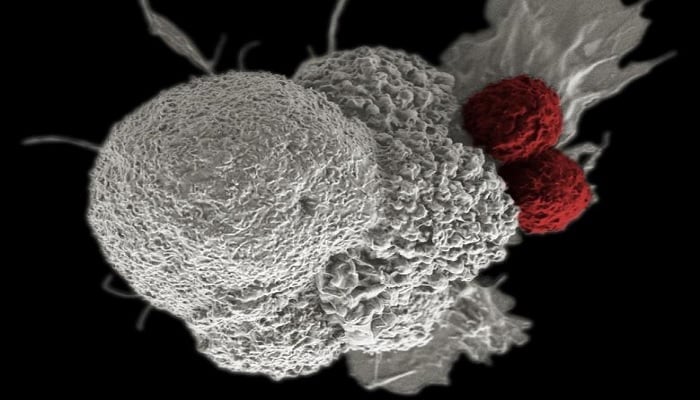Drug trial raises hopes for treatment of rectal cancer patients
All medical tests like MRI scans, PET scans, biopsies, endoscopic tests, and physical exams, showed that the cancer cells had disappeared
June 08, 2022

In a small clinical trial that has raised hopes among the medical professionals, all rectal cancer patients who participated in the study saw their cancer cells vanishing, according to a paper published recently in The New England Journal of Medicine.
12 patients suffering from rectal cancer were made part of the trial where a new drug, dostarlimab, was given to them every three weeks for six months.
Dostarmilab is a monoclonal antibody that exposes the cancer cells to the immune system which then destroys the cells.
All medical tests conducted on patients showed that the cancer cells had disappeared. To confirm, multiple tests like MRI scans, PET scans, biopsies, endoscopic tests, and physical exams, were conducted.
“I believe this is the first time this has happened in the history of cancer,” Luis Diaz Jr., MD, the senior study author told The New York Times.
“There were a lot of happy tears,” Andrea Cercek, MD, the lead study author said.
An editorial published with the paper said that the traditional approaches to cancer like multiagent chemotherapy and radiotherapy are "gruelling and can cause substantial long-term sequelae, including neuropathy, infertility, and bowel and sexual dysfunction."









